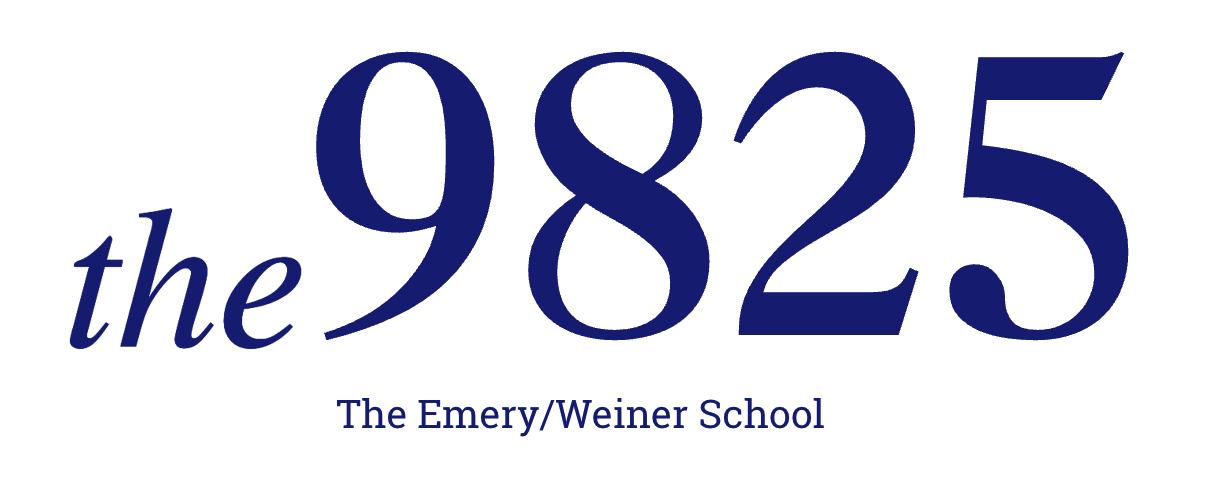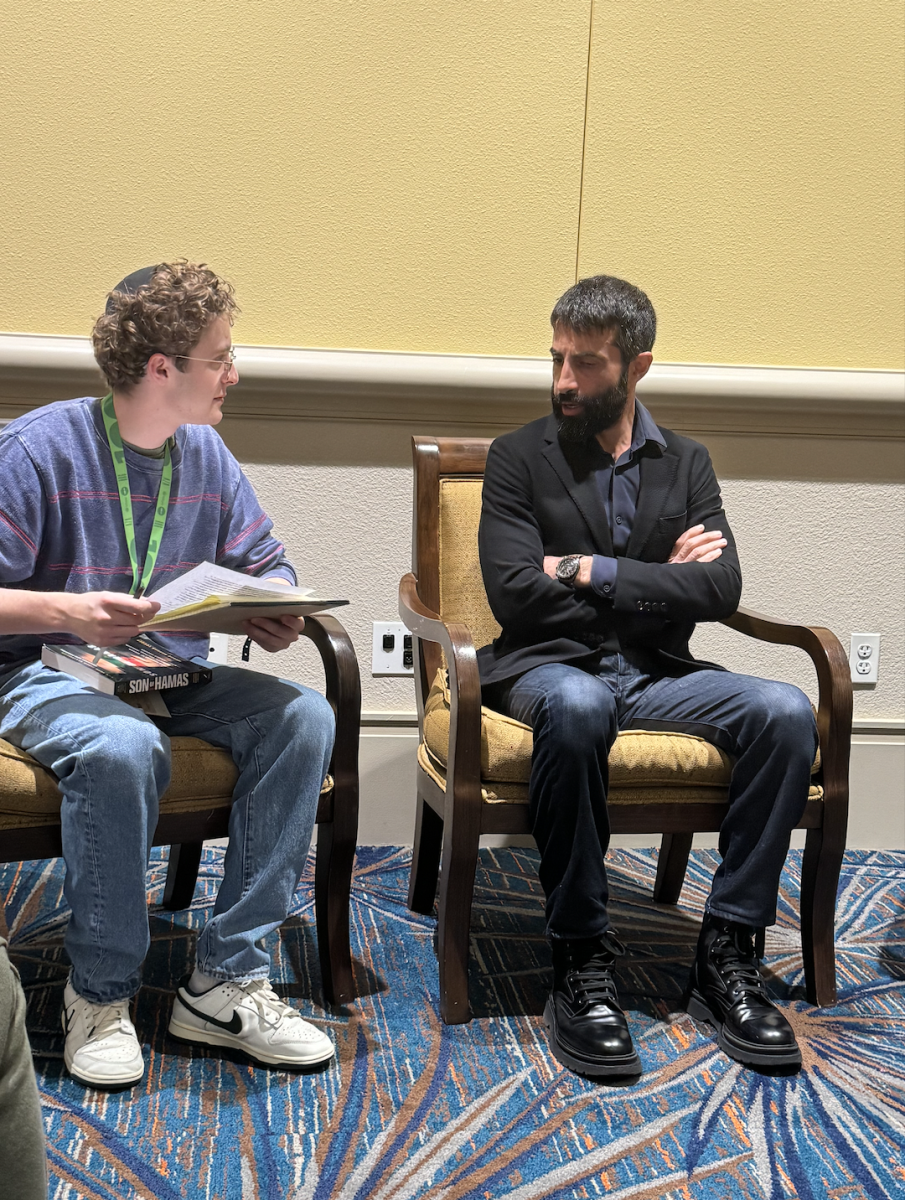As the war in the Middle East rages on and incidents of antisemitism are up 400% globally, college campuses must make clear their focus on inclusivity by fostering environments where all students can learn and thrive without fear of hate speech or violence.
Jewish students, like their peers, should be able to walk to class, the gym, or to their campus Hillel or Chabad without having to worry about encountering anti-Jewish rhetoric or action. To achieve this safe campus environment successfully, university administrators have a duty to make statements openly condemning hate and implementing programs or rules that prevent antisemitic actions from occurring.
Around the country, Emery alumni currently in college are sharing stories full not of fun football games and Greek life events, but of getting barricaded in the library by anti-Israel protesters, or slogans like “from the river to the sea” and “Hitler was right” being spray painted on their Jewish fraternity, sorority, Hillel or Chabad buildings.
Possibly the most troubling matter on college campuses is the prevalence of antisemitism among college educators and administrators. The idea that the people interested in teaching America’s youth are participating in the anti-Jewish movement undermines the fundamental values of education. Furthermore, impressionable young adults then feel justified in participating in hateful acts as well. When teachers on college campuses dish out antisemitic views, it not only compromises the academic integrity of institutions but also jeopardizes the well-being of Jewish students.
Universities also need to provide emotional counseling for Jewish students in case they experience an antisemitic encounter with a peer, as well as create spaces, meetings, classes, and programs to increase understanding of other cultures and religions to avoid hate of all kinds. College administration and faculty must take the lead to further the idea that Jewish students are not alone and that they have the support of trusted adults.
Jake Masett, an Emery graduate (‘23) and current freshman at Tulane University, explained his discomfort with the response of his University, in condemning antisemitism following the October 7th massacre. Tulane’s student body being 43% Jewish resulted in resounding peer support following the massacre. This reaction was soon tainted when an Instagram account named tulane4palesntie started circulating. Masset recalls posts slandering and misrepresenting Israel and posting borderline antisemitic rhetoric. No action was taken by the administration at this time. This group of students then began circulating flyers and posters calling for a rally on October 26th. Masset recalls showing up to this “peaceful” event with his Jewish friends only to hear things like “from the river to the sea” and calls for the eradication of Israel and her people. Masset described how the rally turned violent when a pro-Palestinian protester started to burn the Israeli flag. A Jewish student attempted to grab the flag from the man which resulted in multiple anti-Israel protesters physically assaulting the student. It was only then that the University police stepped in. This late response led one Jewish student to the hospital. Charges were pressed and two non-student Palestinian protesters were arrested. These events unfolded because Tulane failed to ensure the safety of its majority Jewish student population.
As the class of 2024 prepares to make their way to the college campus, many Emery Seniors find themselves worried that the schools they worked so hard to get to, do not have the capability to keep them safe. Josh Danziger, a senior at Emery/Weiner and a proud member of the Jewish community explains his feelings towards his future college experience saying, “I’m scared but excited to be a representative to my people and not let the antisemites win.” It is this mindset that all Jewish teens must have as they enter college. Similarly, senior Ethan Canfield shares the same worries but a resolved mindset. “I’m worried, but I won’t let the people that hate me affect where I learn.”













